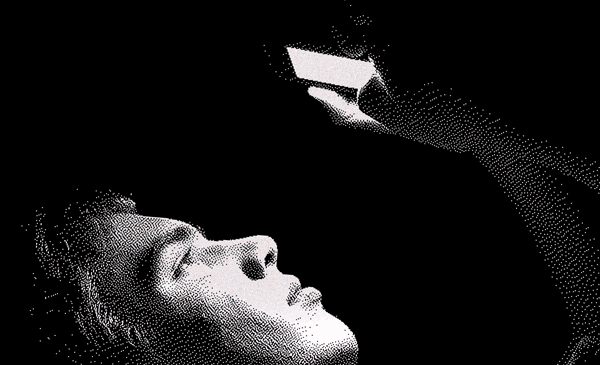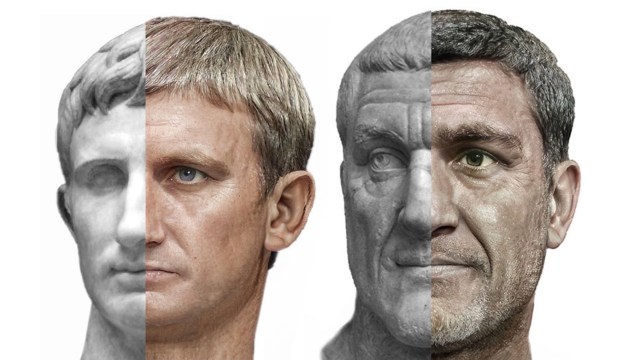Handwriting shown to be better for memory than typing, at any age

Credit: Orlando /Three Lions/Getty Images
- Norwegian researchers found that we retain information better when handwriting rather than typing.
- 500 data points per second were collected during a 45-minute test.
- The researchers believe handwriting and drawing should be more prominent in education.
While tablets are excellent for scrolling through the day’s news, the value of digital versus print has long been debated. Physical books are tactile, which bring readers great pleasure, including ease of annotation, better navigation, and a sense of accomplishment—pages are landmarks, not the infinite scroll of e-books. Your brain maps better with such visual cues.
Then there’s memory. Print book readers retain more information.
As a new study from the Developmental Neuroscience Laboratory at the Norwegian University of Science and Technology argues, the same goes for writing. Handwriting helps children and adults remember information better. Typing is a shortcut.
The team, led by Professor Audrey van der Meer, hooked 250 nodes to each participant’s head to collect 500 data points per second. Once they were strapped in, a dozen 12-year-old children and a dozen young adults wrote by hand, typed, or drew. The clear winner: using paper, not devices.
This goes against the trajectory of education. Out of 19 countries in the EU, Norwegian children and teens rank highest for time spent online—nearly four hours a day, which is double the amount from a decade prior. (American teens spent nine hours a day online in 2018.)
With distance learning becoming more prominent due to the pandemic, children (and plenty of adults) are spending even more time staring at a screen. Offloading memory to a device has long been an issue, but without interventions—even simple ones, like handwriting—the damage to our memories could worsen.
Van der Meer breaks it down simply:
“When you write your shopping list or lecture notes by hand, you simply remember the content better afterwards.”

Will Rogers (1879 – 1935), American rustic comedian playing with a lasso whilst writing himself some notes.Credit: Hulton Archive/Getty Images
She says writing gives you brain “hooks” to hang information on, similar to marking pages in books. Add to this the importance of fine motor skills: a keystroke is repetitive and uncreative, whereas you’re constantly challenging your motor skills when writing. Van der Meer believes this to be essential in memory formation, especially at a young age.
“Some schools in Norway have become completely digital and skip handwriting training altogether. Finnish schools are even more digitized than in Norway. Very few schools offer any handwriting training at all.”
The slow nature of handwriting might seem counterintuitive in the digital age, but van der Meer argues that it’s beneficial. You can only think as fast as you can write, whereas typing allows for a quicker transmission of ideas. While on the surface that might seem like a productivity boon, the time necessary for critical reflection is shortened. Not only do you not remember as much information, you likely aren’t thinking through situations as deeply.
Van der Meer says typing and devices have plenty of room in our lives—just not all of it. Taking handwritten notes in class will ultimately save time, as students will retain information more thoroughly.
Simple practices like handwriting have system-wide effects in socialization, creativity, and intelligence. Van der Meer says we should honor the best methods for learning regardless of how convenient or seductive (or addictive) our devices are.
“In order for the brain to develop in the best possible way, we need to use it for what it’s best at. We need to live an authentic life. We have to use all our senses, be outside, experience all kinds of weather and meet other people. If we don’t challenge our brain, it can’t reach its full potential. And that can impact school performance.”
—
Stay in touch with Derek on Twitter, Facebook and Substack. His next book is “Hero’s Dose: The Case For Psychedelics in Ritual and Therapy.”





